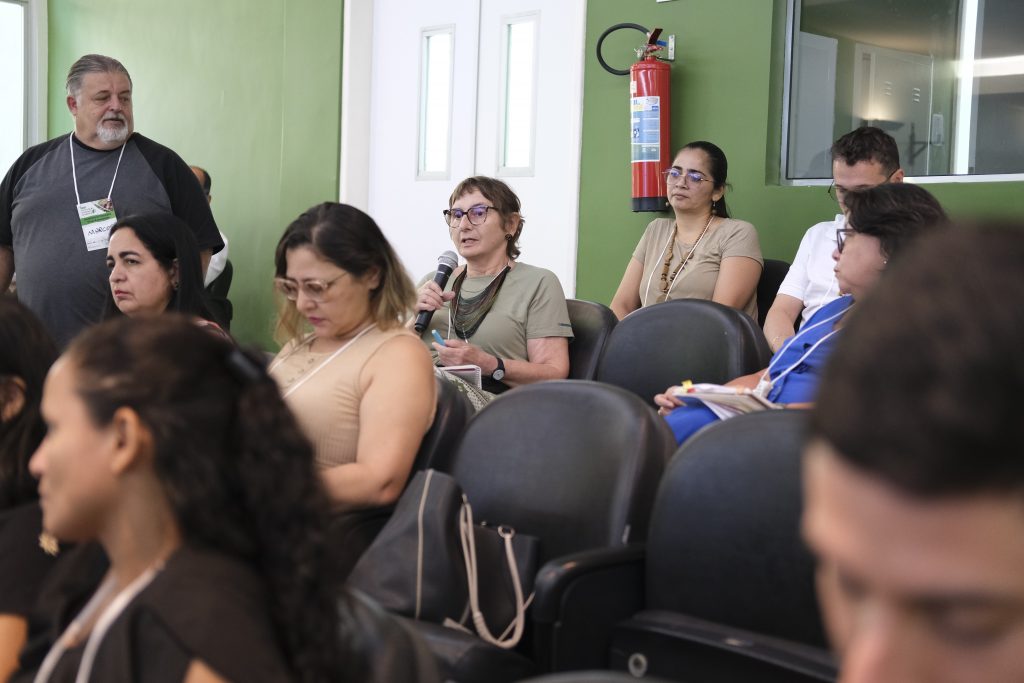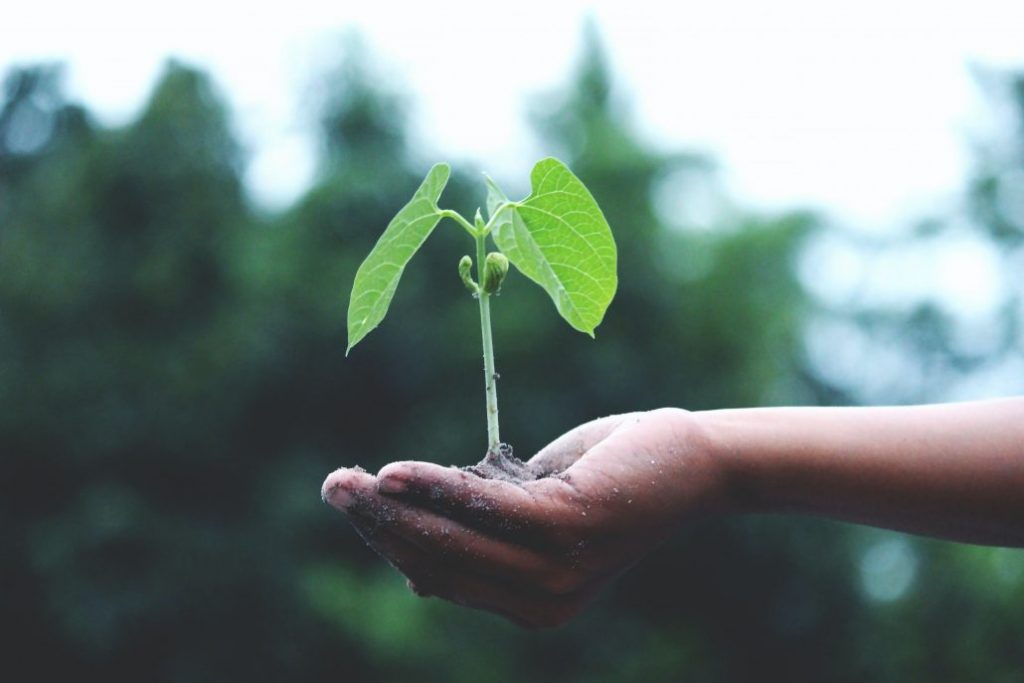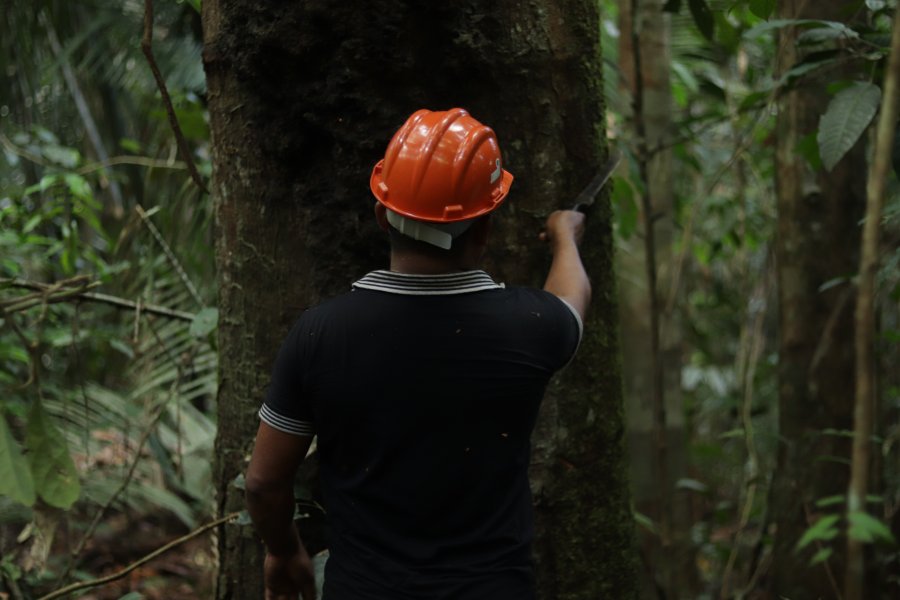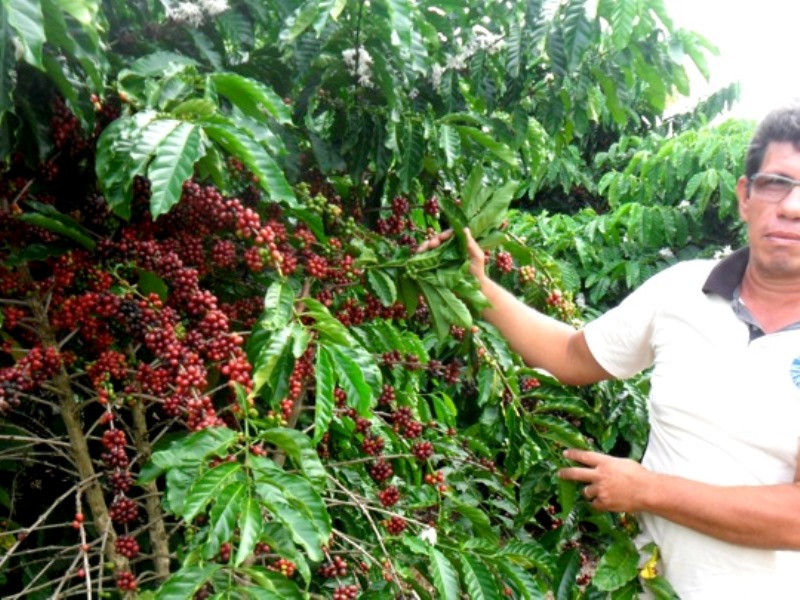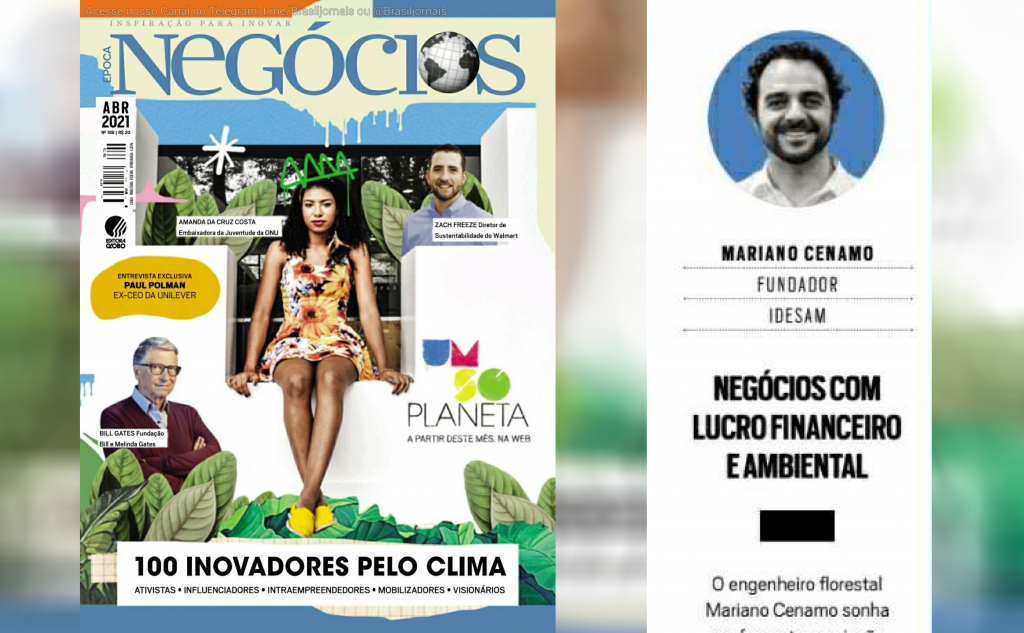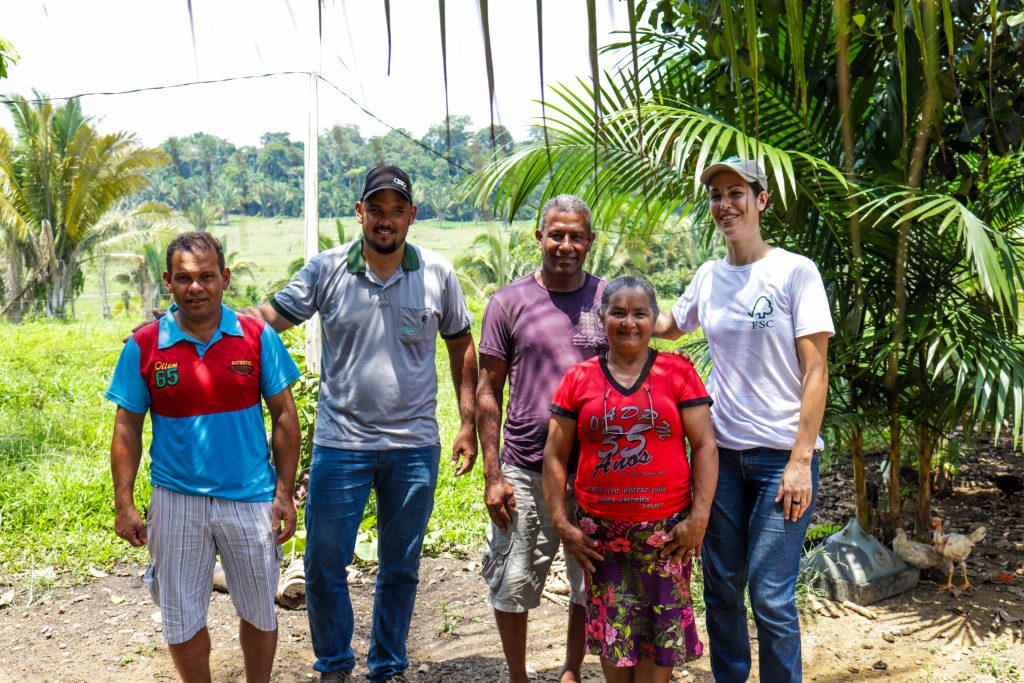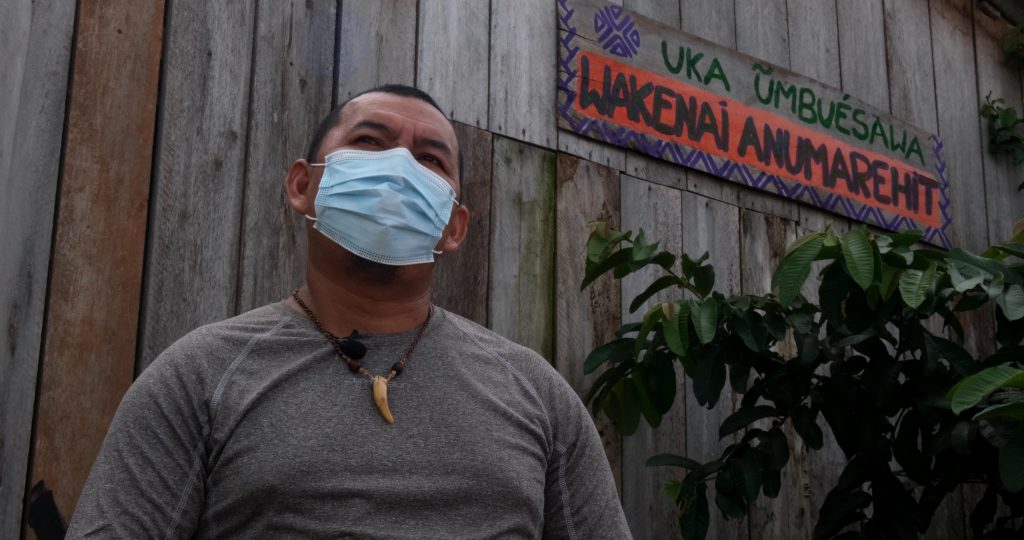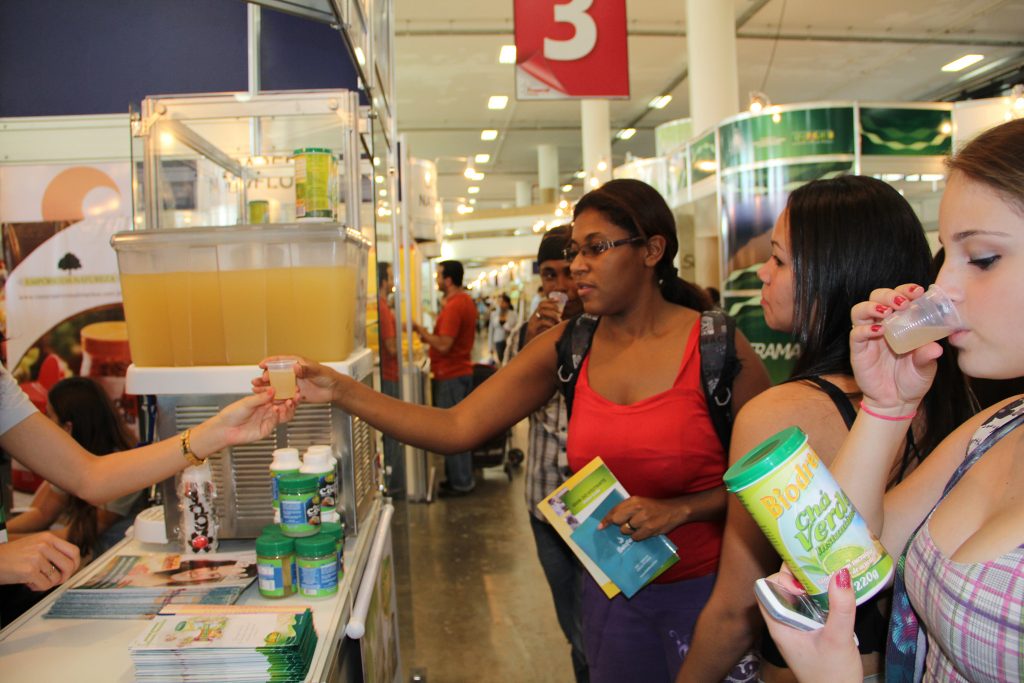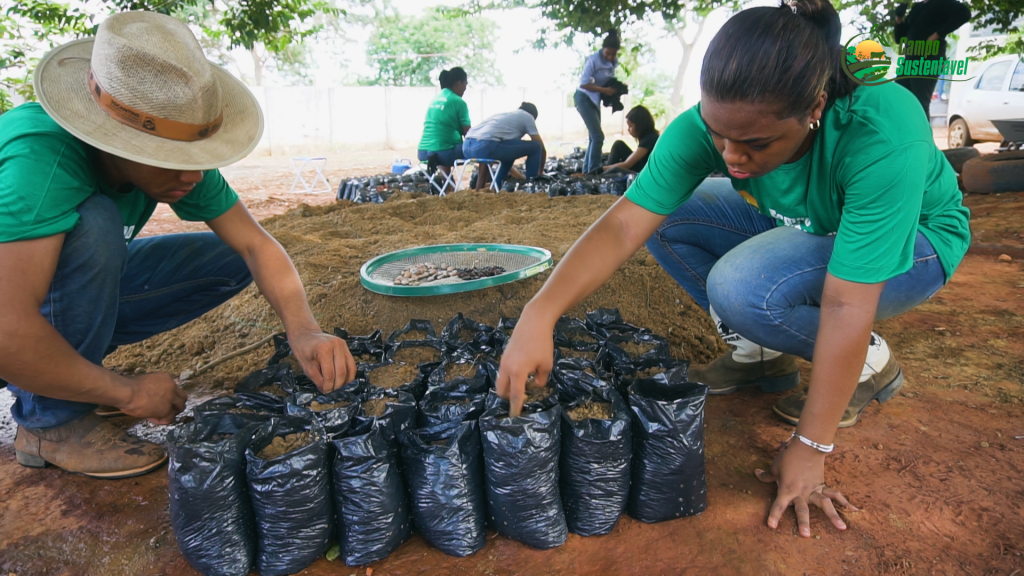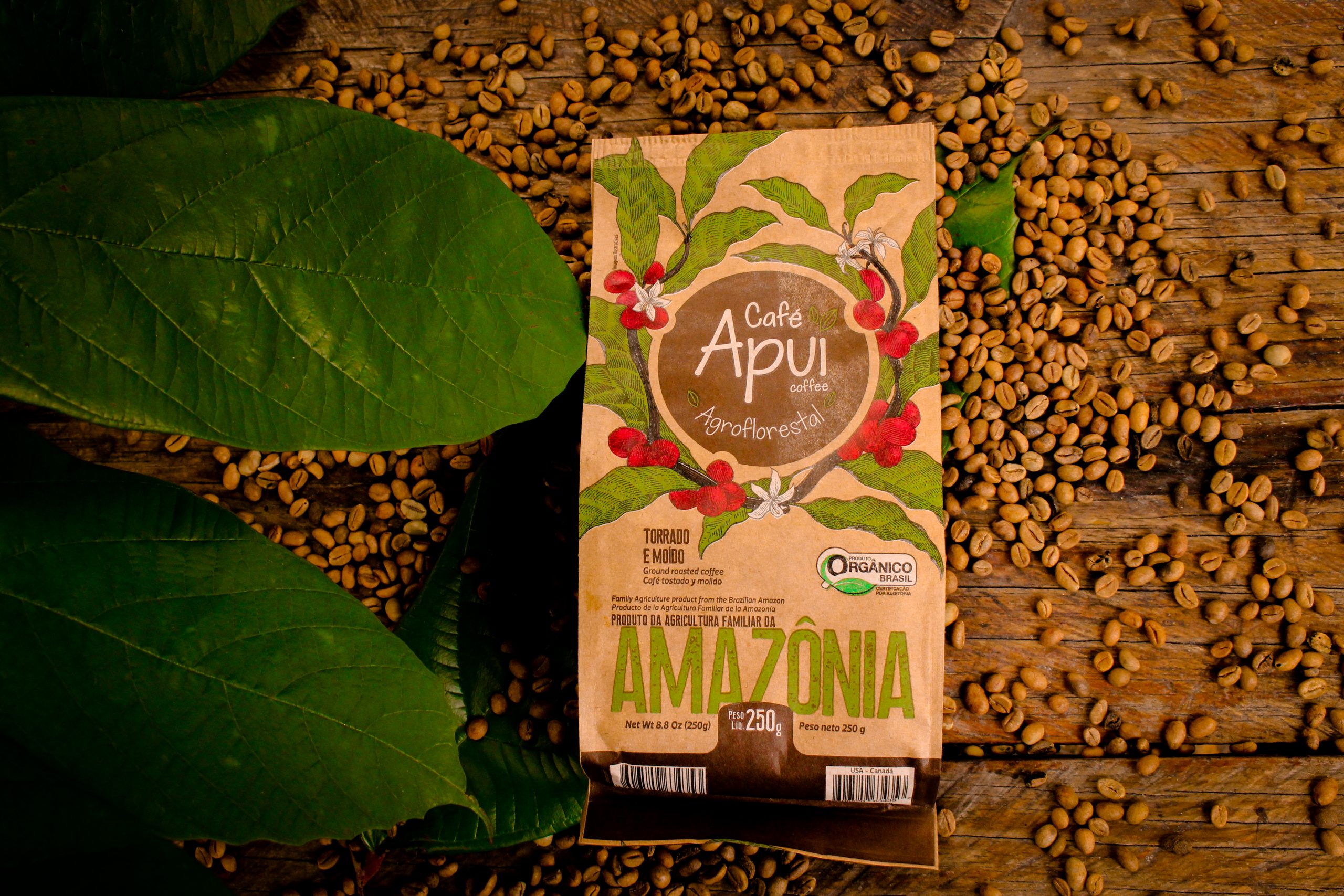
Growing Regenerative Coffee with Idesam in Amazonia
Publicado originalmente em Renature.co
(Traduzido por Felipe Sá)
This project supports the reforestation of one of Brazil’s most deforested areas, in Southern Amazonas, with the creation of a commercially viable regenerative coffee business with 30 local farmers (potential to scale to 200 farmers).
The local Brazilian NGO Idesam is planting trees throughout coffee plantations increasing yields, improving livelihoods and preventing further deforestation in the area. The agroforestry coffee project was initiated 8 years ago and has been yielding expressive results in terms of income generation, reducing deforestation, and restoring degraded sites in the region.
The project’s success was highlighted in several communication channels, in both national level (Estadão, Folha de São Paulo, Valor Econômico, Revista Exame, etc.), and internationally at the New York Declaration on Forests, opening opportunities to upscale and achieve long term financial sustainability.
Together with reNature and local partners as Fundo Vale, iCS and WWF, the plan is now to fine-tune the existing model, implement an education facility for local capacity-building, open new markets for the Apui Agroforestry Coffee, and support the growth of the project in raising new investors.
Why not coffee instead of cattle?
In Apuí, coffee is traditionally cultivated in monocultures leading to land degradation and decreasing yields. The production fell to an average of 8 sacks per hectare per year which is much lower than the municipality’s potential. This, together with lack of incentives, technical support, and challenges in marketing caused farmers to gradually abandon coffee cultivation. Producers have started to invest in cattle instead, causing further deforestation. Apuí is now the second most deforested municipality in the state of Amazonas.
Main Objective
The main objective of the partnership among Idesam, ReNature and LB Foundation is aligned with existing rural development policies and is backed by a well recognized economic strategy to lift farmers out of poverty through the “big push”, channeling investments to address three key objectives:
1. To improve production capacity: (a) Boost agroforestry design & economic modeling, and (b) Improving the overall production & processing / added value.
2. To strengthen farmers’ organizational capacity and improve quality of coffee manufacturing; and
3. To improve and expand market access for the agroforestry coffee
Combining reNature’s Model School strategy and Idesam’s track record and capacity with agroforestry, coffee farmers will be supported in adopting and maintaining agroforestry practices. Further, the existing pilot farm will be assessed and fine-tuned. This Model School will support farmers with knowledge and capacities to execute the transition and make the linkage to the market and existing processing facilities.
Inspiration is key to grow coffee in Amazonia
The project will showcase the benefits of Regenerative Agroforestry as a means to reforest the Amazon, increase farm productivity and enhance the coffee value on a large scale. This will draw the attention of the general public and other farmers and inspire them to adopt similar approaches and raise awareness. IDESAM further promotes its practices on various policy levels in Brazil.
Agroforestry Coffee
In agroforestry systems, the coffee plants are intercropped with native tree species such as ipê, andiroba, or jatobá. These will provide necessary shading and improve the regulation of the local microclimate. Moisture is retained better, nutrient and water cycles are being restored, and soil fertility naturally improves. Currently, a simple PET bottle is used with detergent and alcohol to control pests, replacing previously used chemical pesticides. Thus, the agroforestry coffee systems are organic and benefit local biodiversity and the climate. Further, increased productivity will reduce the need for farmers to clear new forest areas for farming.
Increase Farmers income
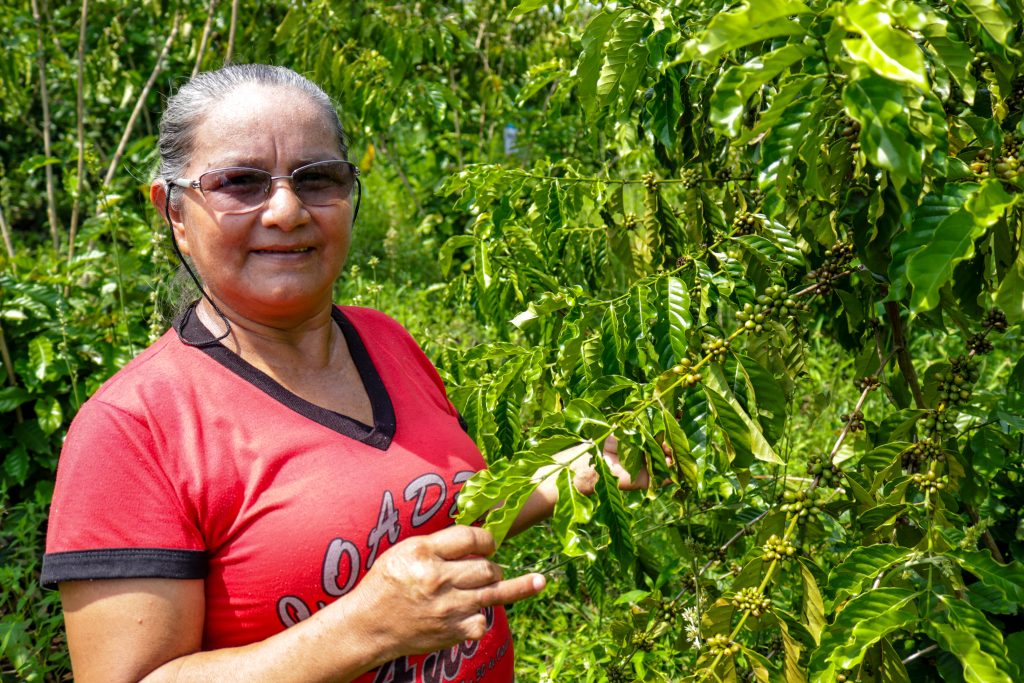
Through improved soil fertility and tree shading, the coffee production will improve in both productivity and quality. Existing pilots have already doubled yields from 8 to 17 bags per ha, decreased pest-related losses from 30% to 1.8%, and increased the farmers’ annual income by around 300%. The project also enables market access, sophisticated processing, organic certification, and marketing support benefitting the farmers.
Social Impact
The project expects t improve the livelihoods of up to 200 smallholder farmers and their families over the next 3 years. Moreover, it will enhance the recreational value of the area and diminish the use of chemicals and their detrimental health impacts.
Goal
The idea is to create enabling conditions that can pave the way for the farmers to improve their livelihoods, and to create independence for future expansion organically and self-sufficiently while generating positive environmental impact.
Main Focus
Tackling deforestation through Agroforestry coffee plantations
Partners
Idesam, LB Foundation, Fundo Vale, Instituto Clima e Sociedade (iCS) and WWF

